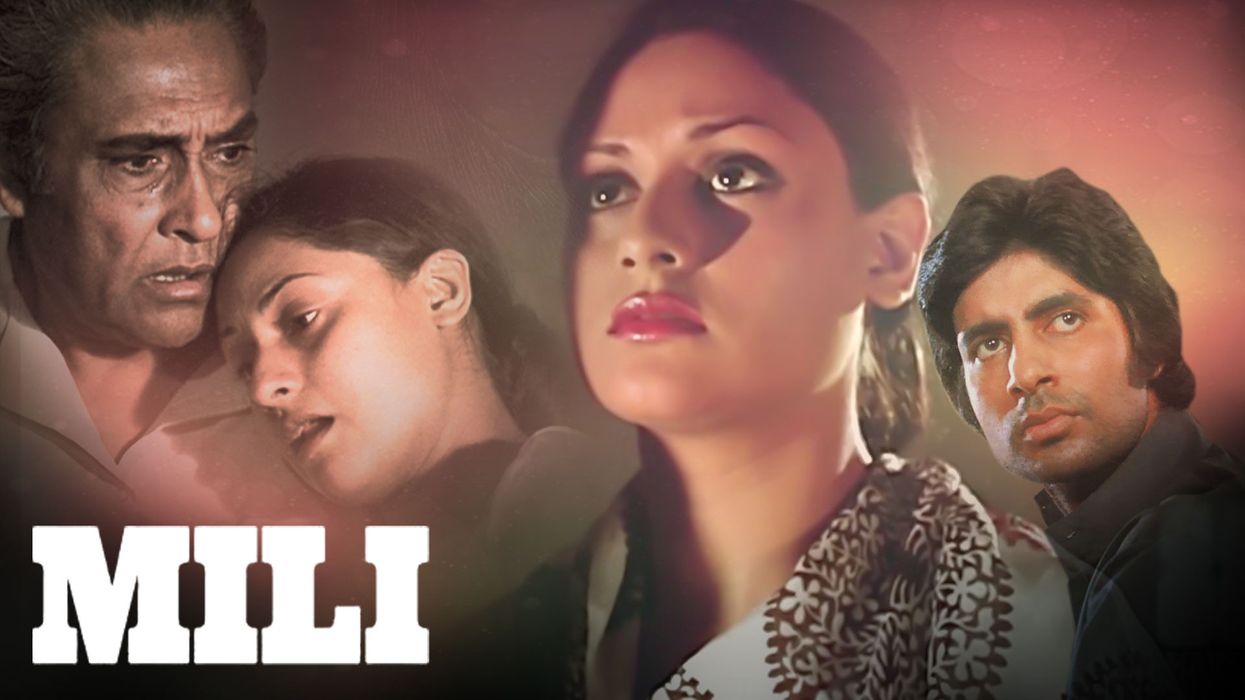The year 1975 was significant in Indian cinema for newly crowned superstar Amitabh Bachchan, as he starred in the two biggest films of that year, and also his career, Deewaar and Sholay.
These blockbusters cemented his position at the top. In between their releases came Mili, Hrishikesh Mukherjee’s decidedly different tearjerker.
Known for his non-starry social dramas, the acclaimed producer-director delivered a message-driven story about Mili (Jaya Bhaduri), a terminally ill but bubbly young woman, and the profound impact she has on those around her – including depressed alcoholic Shekhar, played by Bachchan. The real-life couple headlined a multi-layered film anchored by subtle, deeply emotive performances.
Eastern Eye marks 50 years of the underrated classic on June 20 by presenting the 10 best scenes from this story of hope, anguish and learning how to live.
Enter the grouch: Known for her pranks and cheerful attitude, Mili is taken aback by new neighbour Shekhar’s aloofness. His introduction, during the haunting Badi Sooni Sooni Hai song, shows him as a tormented alcoholic. It establishes the contrast between the two main characters – she smiles through life’s challenges, while he seeks refuge in alcohol.
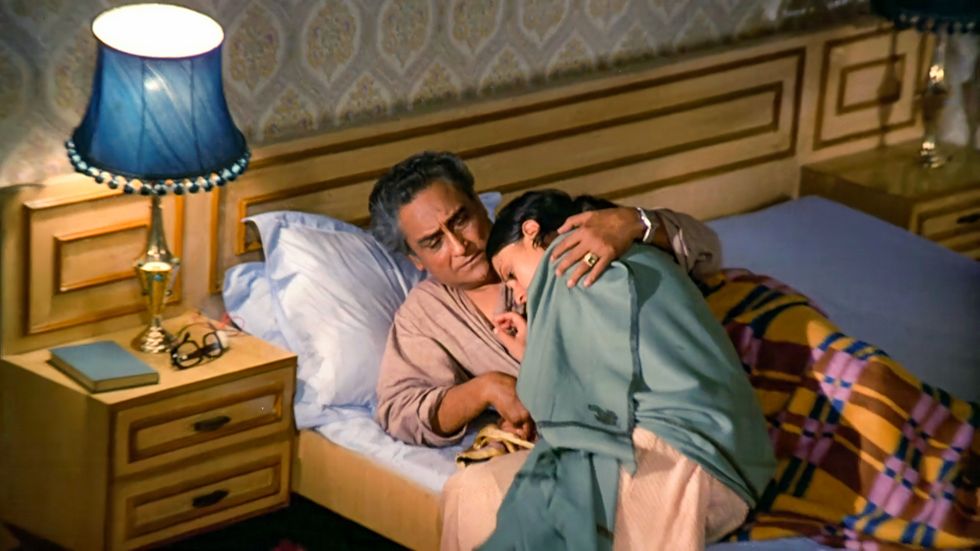
Confrontation: Unable to understand Shekhar’s solitude and unfriendliness, Mili ropes in the children from their building to disturb his peace in protest. What begins as an immature territorial clash soon reveals Mili’s intuitive response to the darkness surrounding him. Her inner child recognises and challenges the negativity threatening their otherwise pleasant environment.
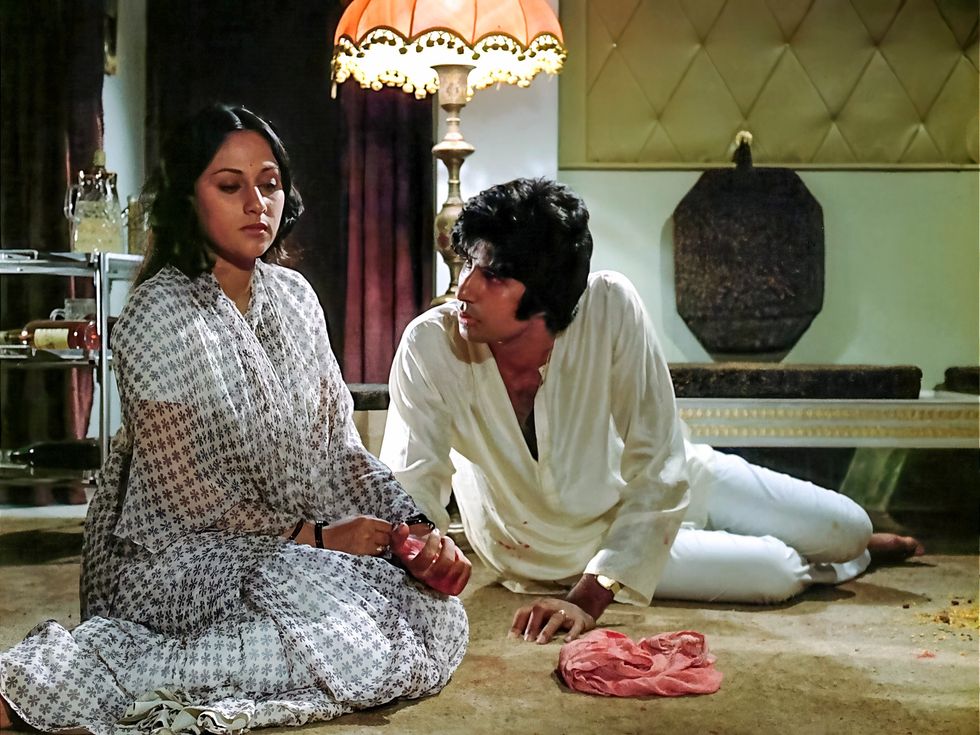
Compassion: After provoking Shekhar, the children apologise sincerely. Their innocence and kindness melt his hardened exterior, and he invites them, along with Mili, to play on his terrace. In the song Maine Kaha Phoolon Se, Shekhar, glass still in hand, watches them dance and smiles for the first time. The warmth of this moment even leads him to request tea instead of whisky in the next scene, to his servant’s delight.
Visual highlights from Mili 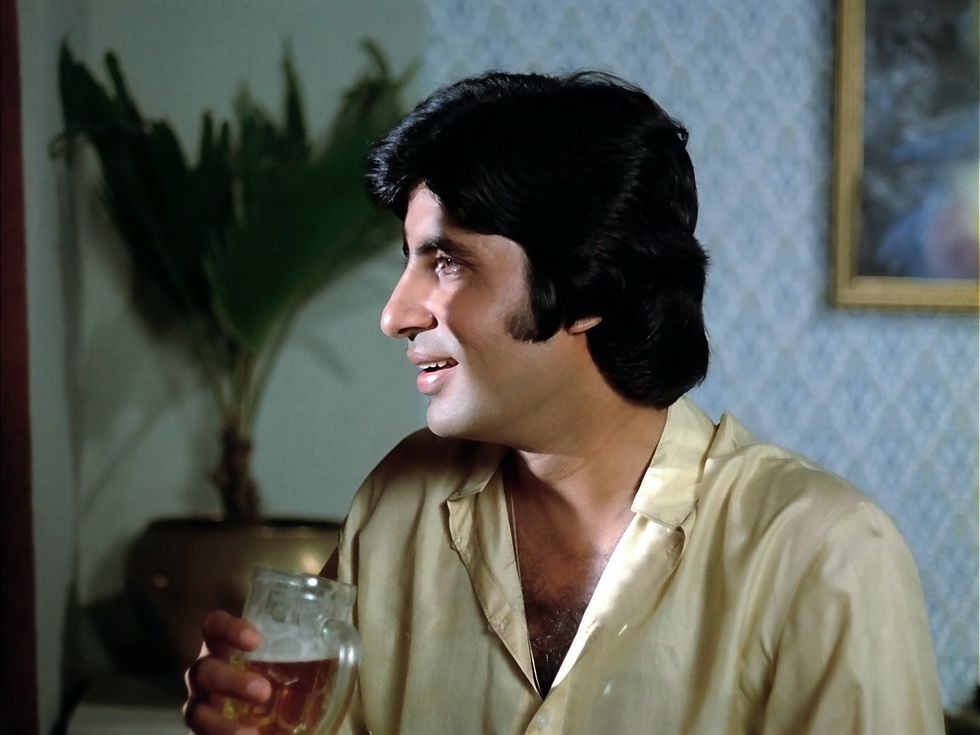
Crossroads: In a drunken breakdown, Shekhar slashes his wrist and is saved by Mili. For the first time, she shows visible anger and tears. Her outburst marks a new level of closeness in their friendship and signals the beginning of something deeper. In his vulnerable state, Shekhar is moved by Mili’s scolding – a sign of care he desperately craves.
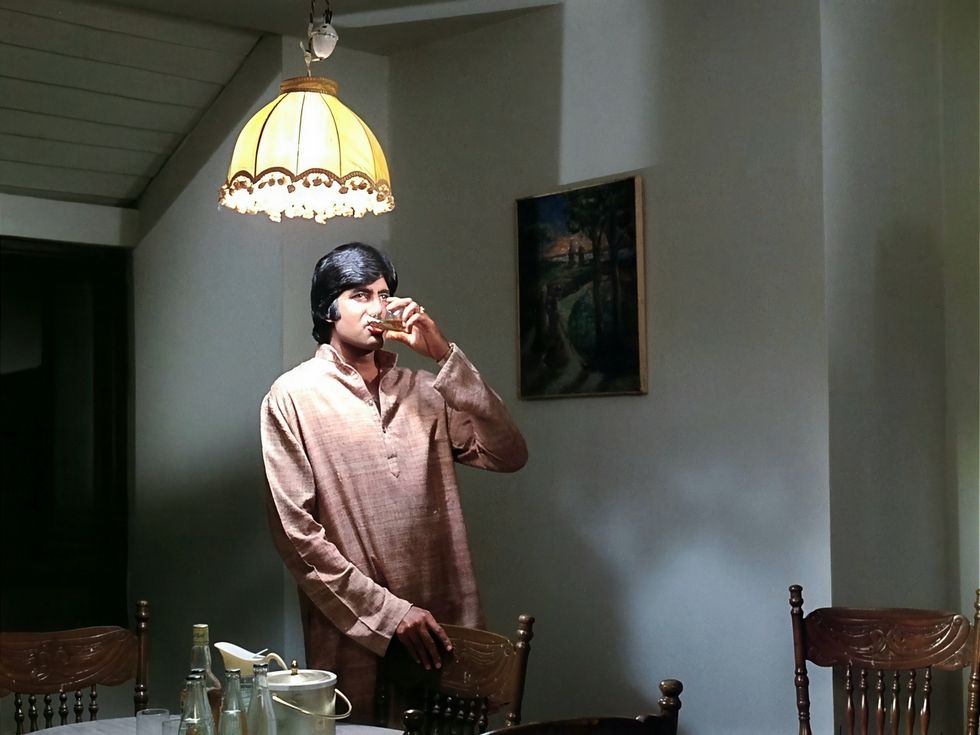
Romance: Shekhar’s growing vulnerability draws him closer to Mili. He begins confiding in her about childhood trauma, his mother, and the root of his pain. He is receptive of her solace and outlook on life. Their bond strengthens as they exchange notes when Mili falls ill. He experiences joy for the first time, unaware of the seriousness of her condition.
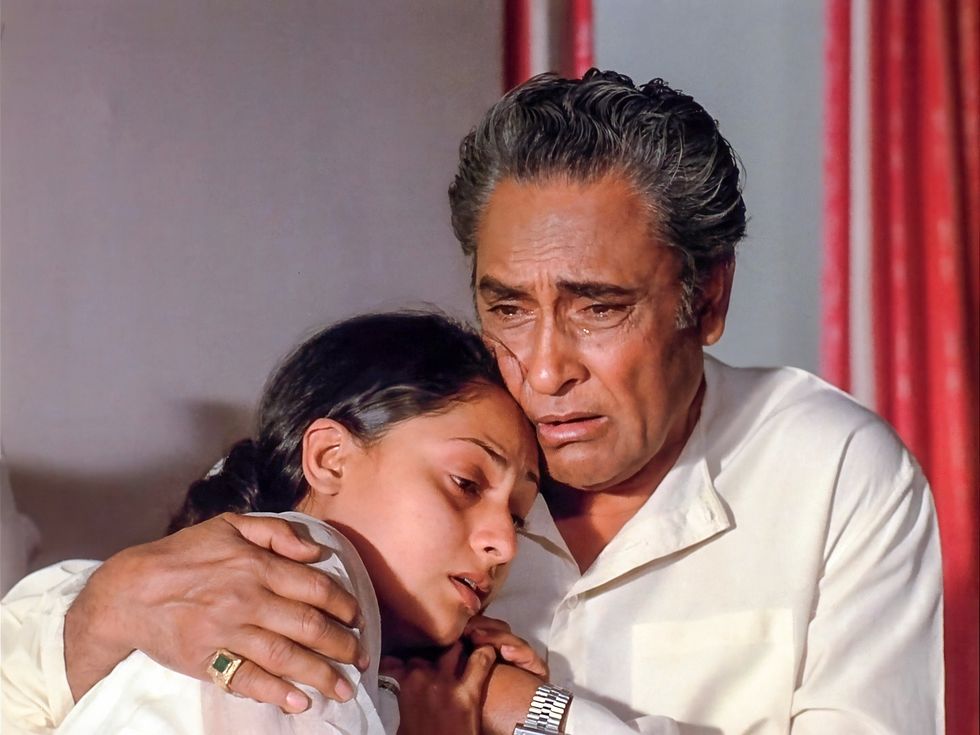
Tragedy: The film reaches its most emotional point when Mili’s father (Ashok Kumar) learns that she has only days to live. The harrowing scenes that follow reveal the raw emotions of every character, from shock to grief to quiet acceptance. The heart-rending scene between father and daughter, with Kumar and Bhaduri in each other’s arms, delivers an emotional poignancy audiences can relate to.
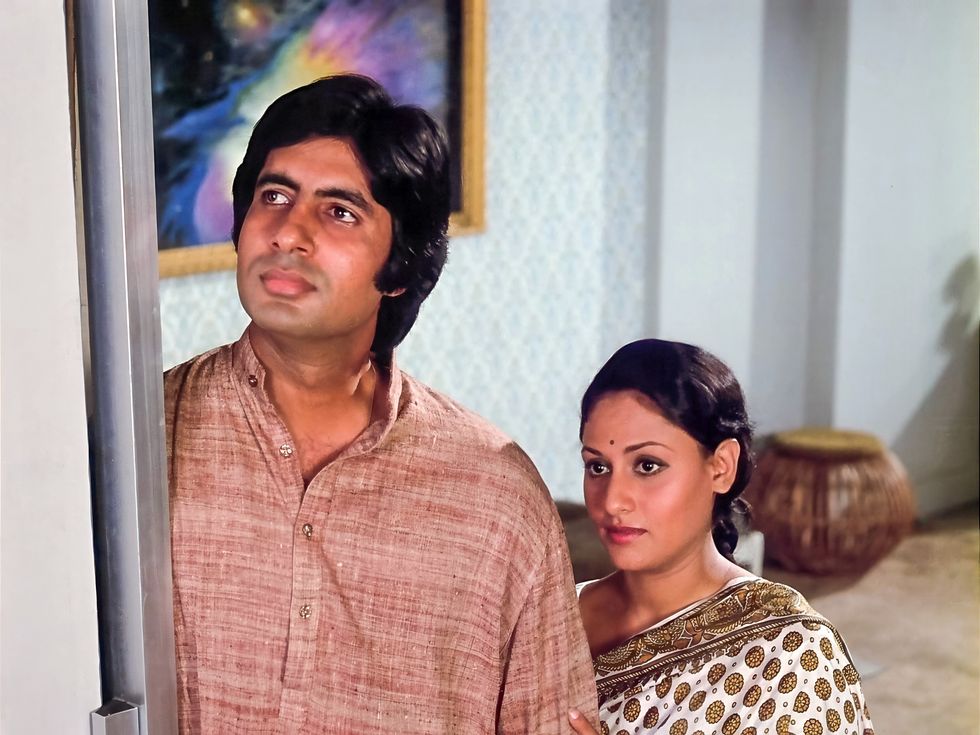
Role reversal: Initially unable to process the truth about Mili’s illness, Shekhar has a change of heart about leaving after confronting some hard realities. The woman who taught him how to live is dying, and he feels betrayed by fate. Determined not to give up, he sets out to explore every possible option that might offer her a chance of recovery.
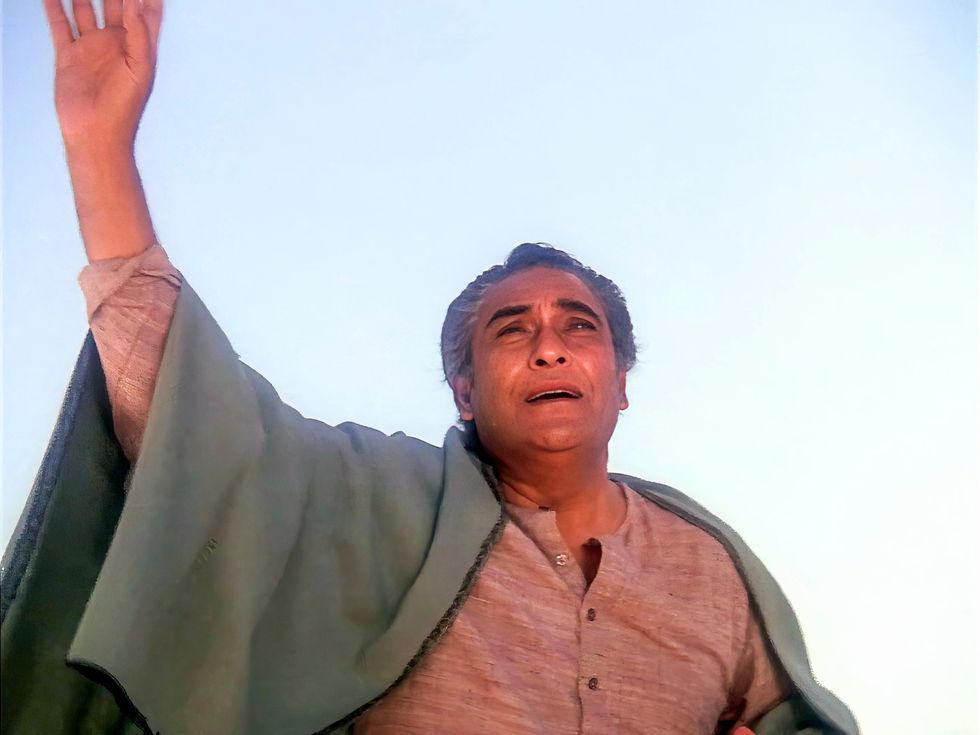
Selfless love: Unaware that Shekhar already knows the truth, Mili urges her father not to tell him about her illness. Having changed him for the better, she fears that the news will undo his progress and send him back into despair. In that moment, she puts his well-being above her own.
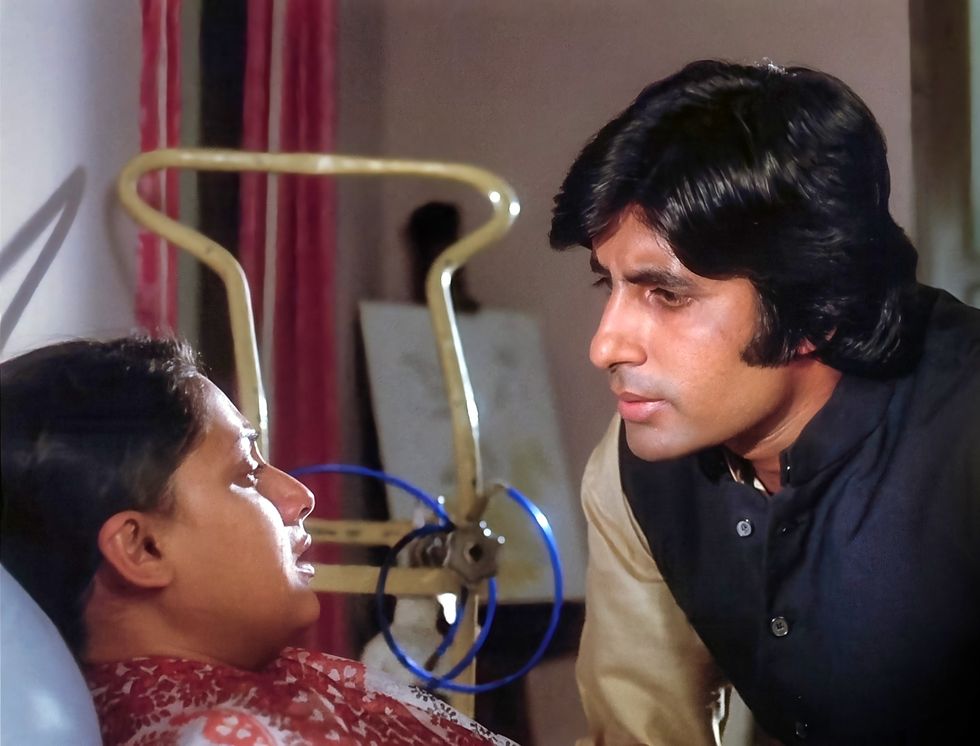
Proposal: In the film’s penultimate scene, its message becomes clear – the purpose of life is happiness. Shekhar realises he can fulfil one of Mili’s dreams by marrying her. He proposes not out of pity or obligation, but love. Their decision to embrace a short but meaningful life together speaks volumes.
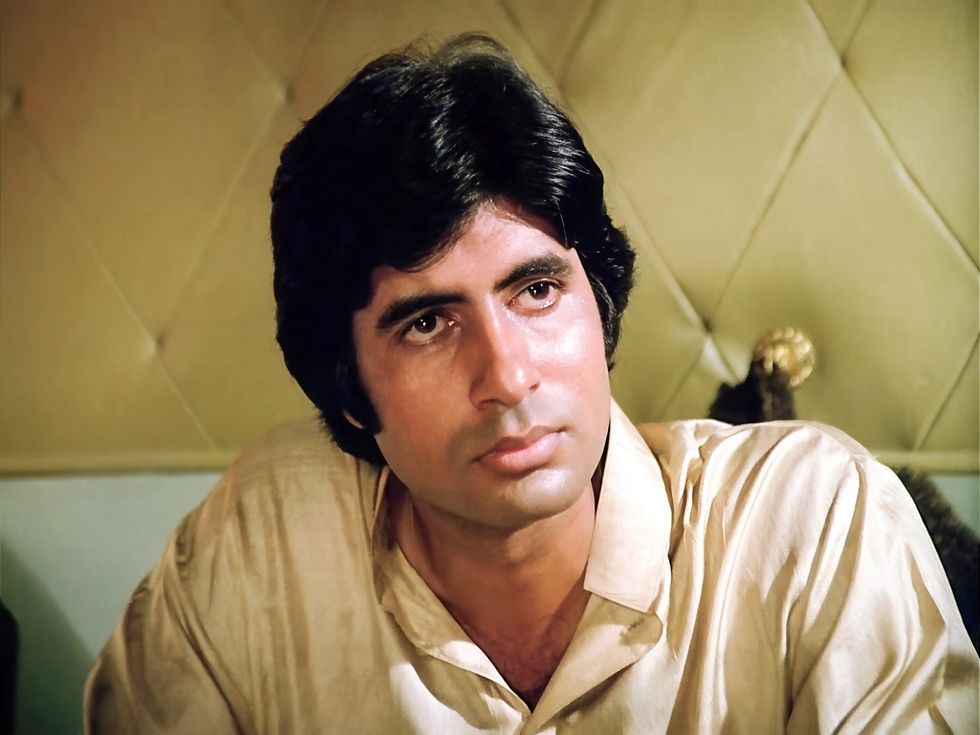
Farewell: The story, told in flashback, returns to its starting point as the newlyweds leave for Switzerland in search of a cure. Mili’s father waves to their aircraft, perhaps knowing she may never return. As the plane takes off, the audience is left with a lasting message – that hope should never die. Fifty years later, those sentiments still ring true.
